|
"It is a happy talent to know how to play," Ralph Waldo Emerson once said. And, unlike many well-known adages that were later proven wrong ("money can't buy happiness"; "don't compare yourself to others"; "don't praise your daughter's looks"), Emerson was exactly right.
Playfulness is a skill -- not a trait. Yet, because of changes in parenting styles and culture, many children no longer learn how to play. In fact, thanks to helicopter parenting, children are no longer learning a lot of things.
For example, if you're a helicopter parent your 1st grader is probably physically and emotionally stunted by 1979 standards. According to this Happy Talent post, Many kindergartens now recommend that kids know letters, numbers, and even basic addition and subtraction before the start of the school year (meaning kids show up having learned fractions). Which, in this psychologist's opinion, is counterproductive. The best way to give your child a creative, entrepreneurial mind has nothing to do with flashcards. But we'll discuss this more later. That's not how it used to be! Here's a checklist for first-grade preparedness, taken from Your Six-Year-Old: Loving and Defiant, by Louise Bates Ames, Ph.D., in 1979:
If you are a helicopter parent, the answer to almost all of these prerequisites is almost certainly no. Why is this bad? Among other reasons, as I wrote in Kids' Games Are Getting More Dangerous, And It's Entirely Their Parents' Fault, Schools across the country have banned the popular childhood game, Tag, from the playground. According to Why Kids Are Getting More Aggressive on the Playground, a recent post by occupational therapist Angela Hanscom, Kids are starting to hit with such force that they often end up whacking their opponent across the back in a monstrous slap. I’ve seen this myself many times. “Ouch!” one kid cries, now on their hands and knees and fighting off tears. “Don’t hit so hard!” they yell up at the child standing over them. Often, you hear the other child whine, “I didn’t mean too…” Many times the act seems unintentional, although painful for the victim nonetheless. Tag is now becoming such an issue that schools are starting to ban this once beloved game. Clearly, the kids don't mean to hurt each other. But they can't help it. Their parents (and their technology) have stunted their physical and cognitive development. They have not developed the same proprioceptive sense (i.e., muscle and joint control) as the kids of yesteryear. Back in the day, kids used to go outside and play. Not only was it a magical part of their childhood... but it was also an essential part of their development. They learned how to use their bodies to make a snowman or throw a snowball. They learned how to race up hills, balance beam on 2x4s, and pump their legs to operate a swing. They built forts and dams. They rode bikes and climbed trees. And, yes. Sometimes they would hit or push or "tag" another child too hard. And they would see that they hurt the other child, and learn from it. Because they had good proprioceptive sense, they were able to fine-tune their motions and be gentler next time. As an added benefit, they learned how to communicate, compromise, and negotiate as they got together with other children, invented games and made up their own rules. (You know, as opposed to a hovering parent telling them what they were going to play and how -- and then proceeding to mediate every little dispute. Are you trying to raise an entrepreneur... or a mindless hoop jumper?) These are skills that are known to increase your child's lifetime earning potential -- not to mention happiness, mental health and relationships. Their physical skills aren't all that's suffering -- related to the inability to physically navigate and manipulate your environment is the inability to learn about and discover new things in the world around you. Moreover, independence and risk-taking are an essential part of children's development. Which is precisely why the first thing Disney does in all of its movies is kill off the parents (or, at least, turn them into bears). When I see children biking around their neighborhoods or teenagers hiking in the park, I am powerfully reminded of the stunning sense of freedom I once felt when I would get on a bike -- like I could literally go anywhere. There's a reason we find movies and shows like Stranger Things and Stand By Me and Now and Then so appealing. I mean, who doesn't envy the freedom these kids have to explore the world around them? Who doesn't love the initiative they take to solve problems (and find dead bodies) on their own? Who doesn't want to feel the excitement these kids feel about their middle school AV club? (And who doesn't want this Hawkins Middle School AV Club t-shirt?)
Even terrifying movies, like Stephen King's It, are full of nostalgia for a freer childhood.
But fear-mongering news stories and marketing geniuses have convinced parents that everything is dangerous. Even though, as Kids' Games Are Getting More Dangerous, And It's Entirely Their Parents' Fault continues: Serious playground injuries, and especially playground deaths, are exceedingly rare. In fact, fewer than 13 children die per year on playgrounds -- and among those, runaway motorcycles or equally freakish, unpredictable, unpreventable horror are the cause of death. And minor injuries are just that: minor. In fact, psychology research has shown that there is a psychological benefit to minor injuries in childhood. Basically, children are hardwired to explore. Risk-taking (or, at least, the perception thereof) is in their nature... Research by Ellen Sandseter, a professor of early-childhood education at Queen Maud University College in Trondheim, Norway, has found that kids who spend more time exploring on their own before the age of nine are less likely to to have anxiety and separation issues as adults. Likewise, kids who got hurt falling from heights when they were 5-9 years old are less likely to be afraid of heights at age 18. Our minor injuries actually give us confidence. They teach us what our limits are, how to handle ourselves in scary situations... and that, even if something goes wrong and you get hurt, you can get better. (Resilience for the win!) Read more > So basically, helicopter parents doom their kids to a boring, lifeless childhood. They doom them to anxiety disorders, depression, and certain cognitive shortcomings. (Kids who don't get to play on their own grow up into engineers who are bad at sophisticated kinds of problem solving -- basically, they do really well on homework and standardized tests, but they have a very difficult time solving problems that don't have one right answer. Because "success" and achievement aren't normal. They're log-normal. And when you've spent your whole childhood developing one specific kind of intelligence, you're seriously shutting down many options and opportunities for success. Even if a child is "passionate" about toilets... that could still turn into a future genius.
Can you imagine squashing that out of him?
It isn't just sad. It also turns kids into passionless zombies and mindless hoop jumpers.It robs them of the chance to develop coping and resilience skills. As I wrote in When "Achievement" is Toxic: Raising Resilient Children, When you're willing to drop everything in your life -- whether a social, professional, personal or spousal commitment -- to hover over your child and insulate them from small failures and minor consequences, two very bad things happen: 1. You send a powerful social signal that failure is not acceptable. Ever. You send the message that this one high school quiz is more important than your job, your clients, your relationships -- your anything! Failure is the end of the world. It won't matter if you say to your child, "I love you for who you are, regardless of your grades," if your actions scream otherwise. 2. You rob them of the chance to develop coping skills. You rob them the chance to ask themselves, "What did I do wrong? What can I do differently next time?" You rob them of the realization, "Wow. I really didn't give that my best effort, and it showed. Maybe I should prepare more or differently next time." You rob them of the chance to feel a little bit of anger, a little bit of hurt, even a little bit of shame -- and then learn how to deal with these complicated and painful emotions. So, now, how are they supposed to deal with a major hurt, such as not getting into their first-choice school, having their heart broken or getting cut from JV their senior year (or, God forbid, a serious injury or illness)? Read more > This is exactly why so many students are showing up for college -- even top schools like Stanford -- completely unprepared to deal with... anything. That is why former Stanford dead Julie Lythcott-Haims wrote her bestselling book, How to Raise An Adult: Break Free of the Overparenting Trap and Prepare Your Kid for Success.
Everyone should read this ASAP.
I also love Free-Range Kids: How to Raise Safe, Self-Reliant Kids (Without Going Nuts With Worry), by Lenore Skenazy: And! Lea Water's BRAND NEW, hot-off-the-press, #1 new release, The Strength Switch: How The New Science of Strength-Based Parenting Can Help Your Child and Your Teen to Flourish: Remember: all of the skills I said kids aren't learning because of helicopter parenting. They're skills. It's not too late. Parenting is also a skill. None of us is perfect -- and learning when and how to let go is the first big step towards helping your child be happier (and smarter, and more successful).
2 Comments
Wendy
7/15/2017 04:53:38 pm
I just discovered your blog today when I was looking for outside opinions about Everyday Feminism. I ended up spending several hours reading through blog posts. I don't agree with everything you write, but even then it's generally interesting. I like this blog.
Reply
Jadzia
7/16/2017 04:08:09 am
That is exactly how I found this blog.
Reply
Leave a Reply. |
About the Author

Eva is a content specialist with a passion for play, travel... and a little bit of girl power. Read more >
Want to support The Happy Talent? CLICK HERE!
Or Find me on Patreon!
What's Popular on The Happy Talent:
Trending in Dating and Relationships:
What's Popular in Science: Playfulness and Leisure Skills:
Popular in Psychology and Social Skills:
Categories
All
|
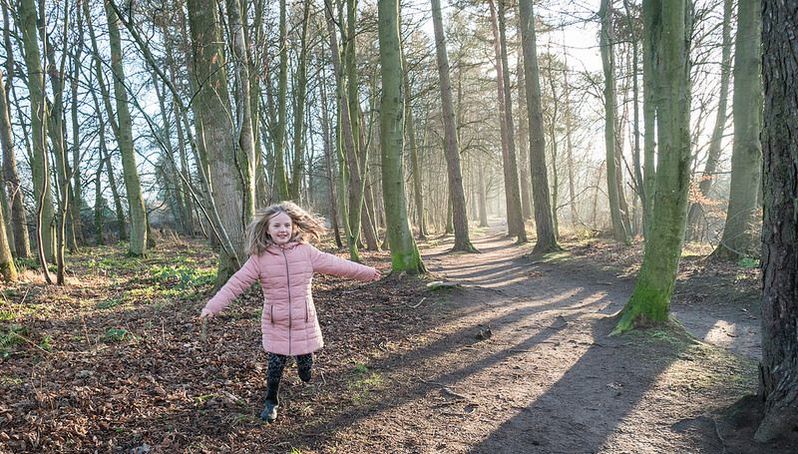
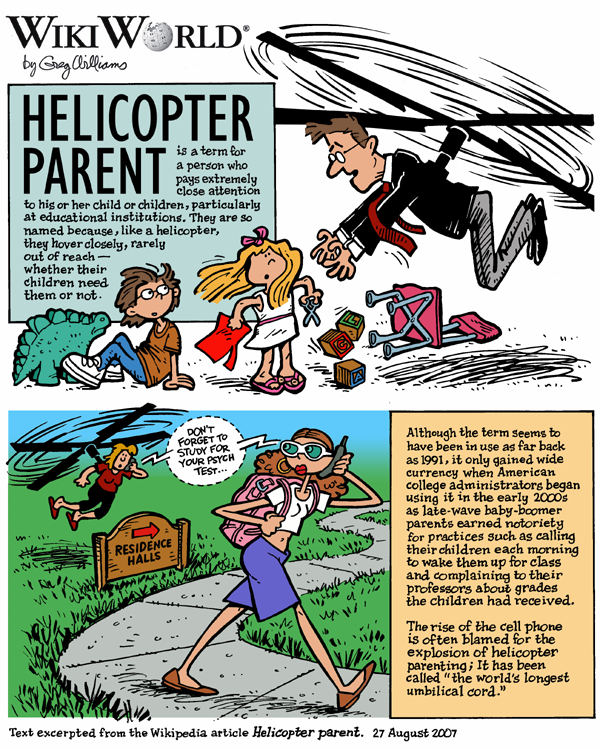
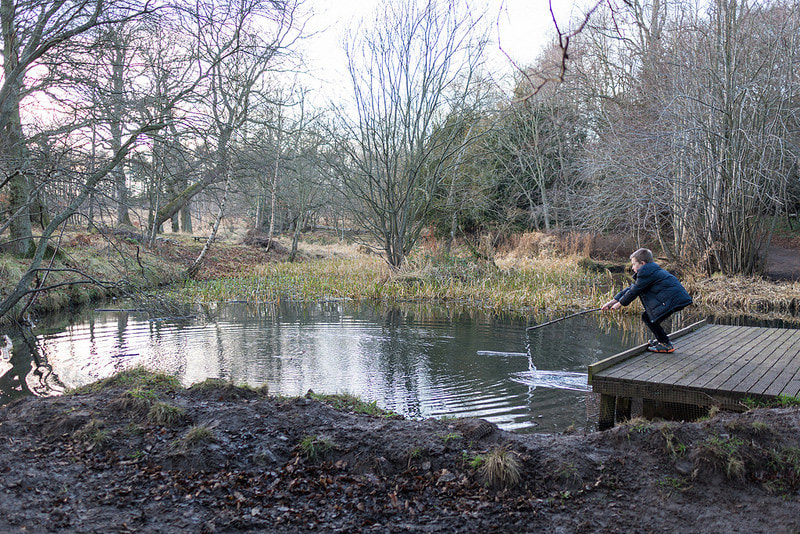

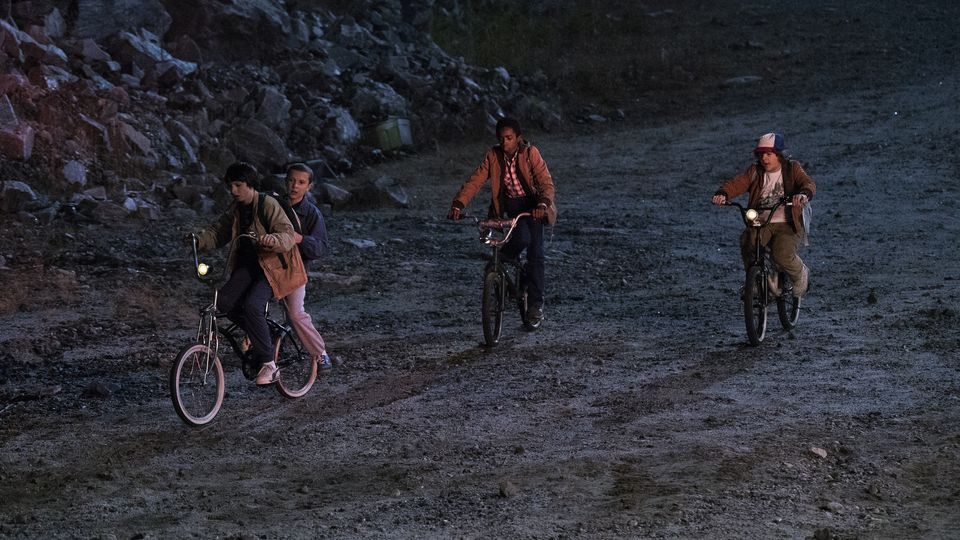
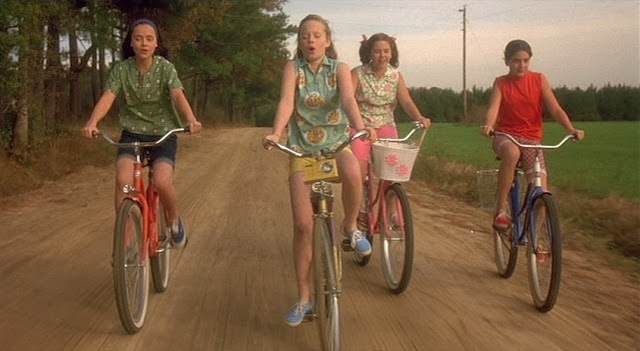
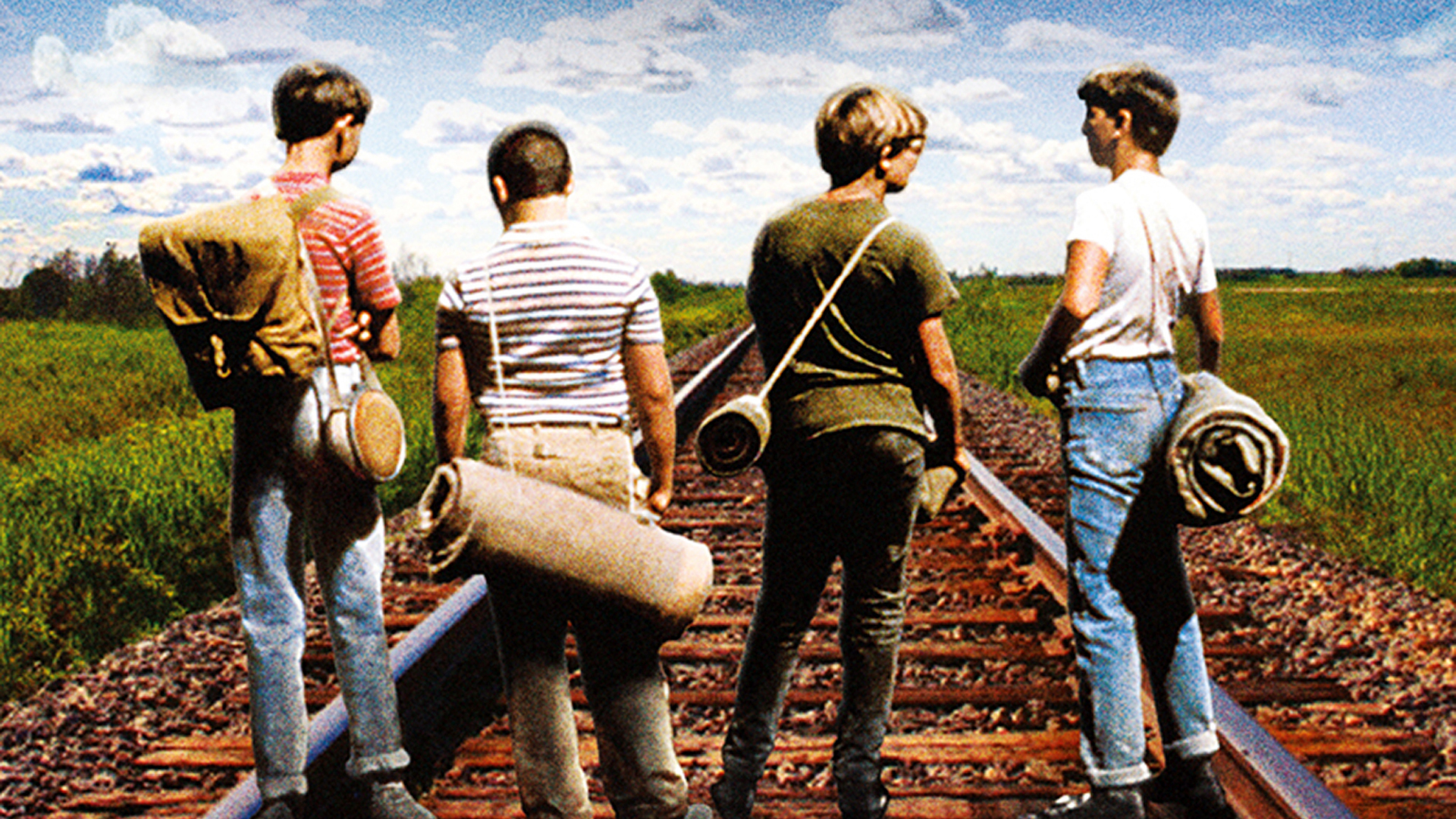

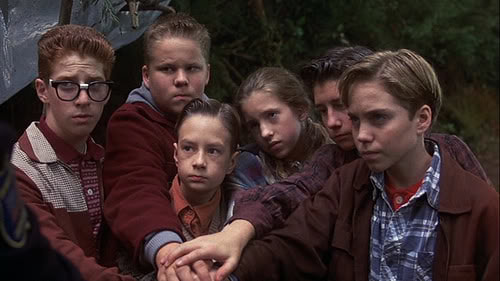
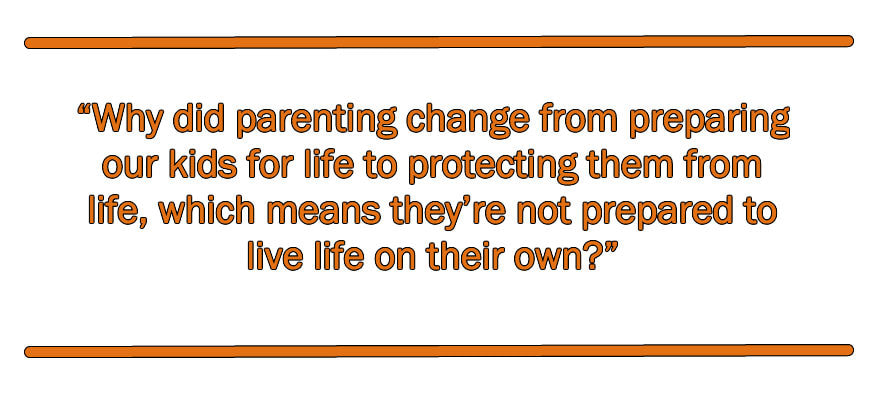
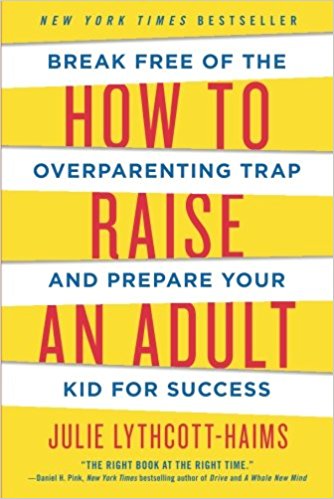
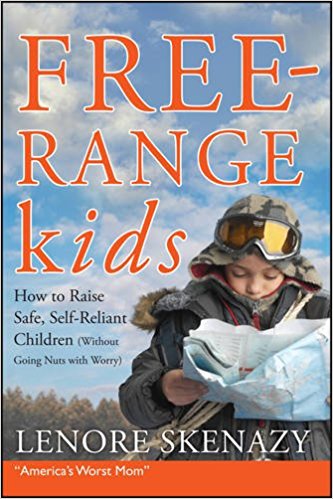
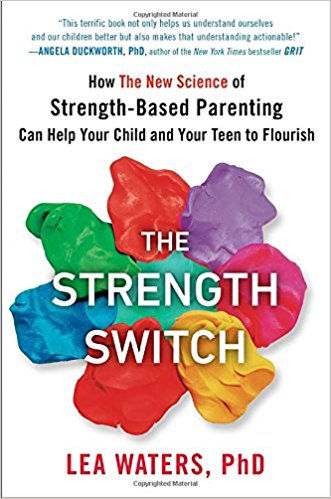

























 RSS Feed
RSS Feed